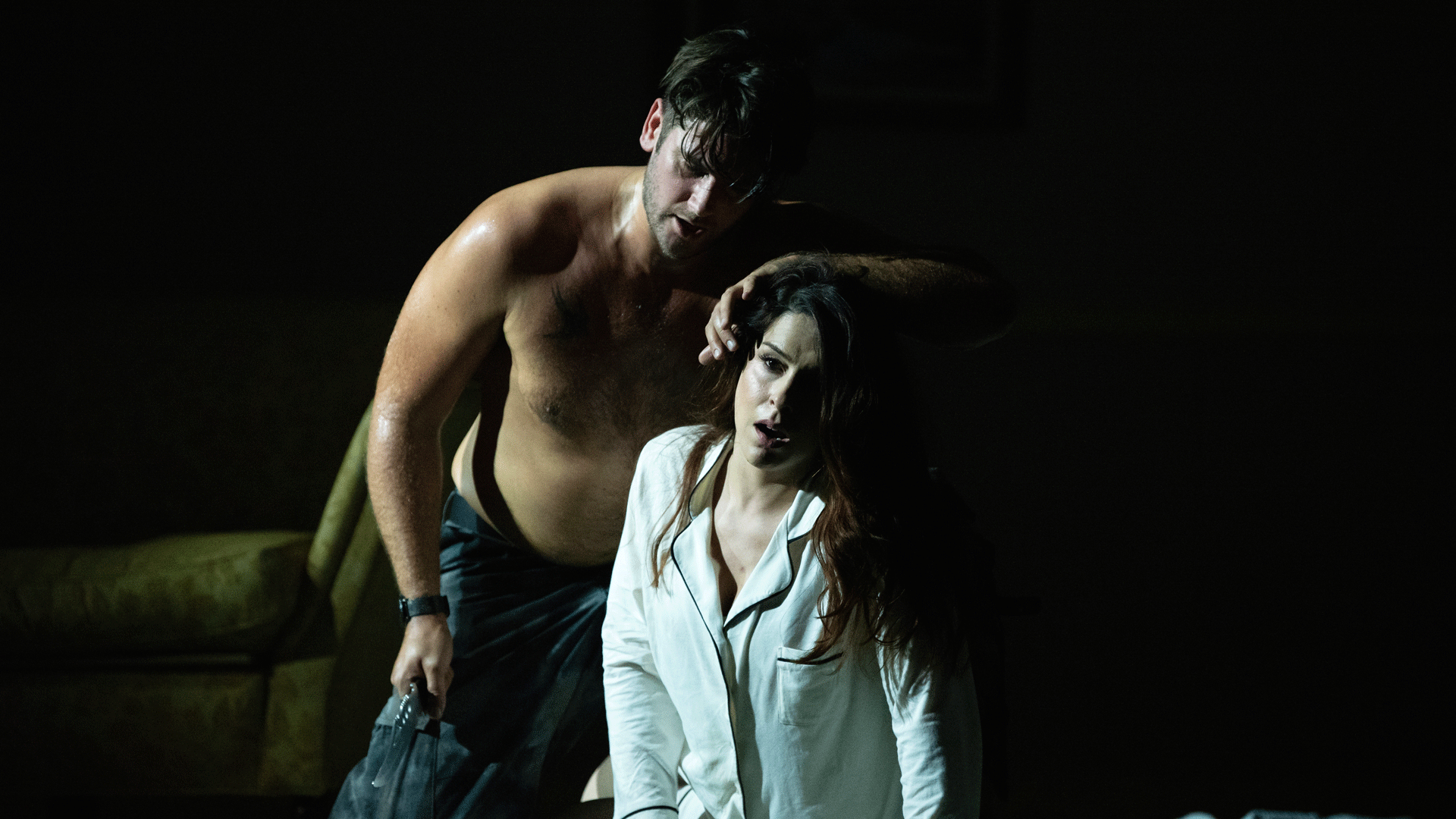The minutes sauntered past. That most noble of forums – Twitter – had, in its patronising wisdom reminded us all to #bekind as we waited for 11am on November 4. This was the moment that arts groups would find out whether they had been selected as National Portfolio Organisations for 2023-26 and thus entitled to a bite of the Arts Council England (ACE) funding cherry. The ACE had received a record-breaking 1,730 applications for this round of financial support, with everyone from the Royal Opera House to Barnsley Libraries hoping for selection. The biggest shock was that English National Opera (ENO)’s usual funding is to be withdrawn, replaced with a one-off payment of £17 million – and the caveat that the group must relocate from London (to, in all likelihood, Manchester).
There had been inevitability that at least one major arts organisation would face this challenge – ACE had identified 54 “Priority Places”; locations where cultural provision is low. But the news still rocked the industry: English National Opera has worked tirelessly over the past few years to improve diversity and accessibility. Some of these policies have been roundly mocked – the removal of free plus-ones for reviewers was despised by most critics, as was its courting of celebrity (Holly Willoughby has been regularly papped against an ENO-branded backdrop).
However, many strategies have been revolutionary; the opera’s discounts are some of the most generous in the West End, including free tickets for under-21s. During the pandemic, ENO’s costume department was one of the first to provide home-sewn scrubs and PPE for frontline workers, the ENO Breathe programme helped many cope with the effects of long Covid and the organisation was one of a tiny number that hosted Covid-safe opera in 2020. The drive-in La bohème at Alexandra Palace is among the most special performances I have ever experienced. And I am at perfect liberty to say this: English National Opera refused to grant me a press pass to the event and I paid for my own ticket.
- English National Opera: How music can help you breathe
- How opera is giving a powerful voice to migrants
- Picking up the baton – female classical stars are finally getting their dues
Of course, there will always be winners and losers in funding grants (#bekind), but opera seems to have got a particularly raw deal in the current round. Activity outside the capital is critical and the fact that the previous 39.5 per cent of funding given to organisations in London has been dropped to 33.3 per cent is not unreasonable in itself. But, as well as ENO, Welsh National Opera and the Glyndebourne Tour – which this week has taken Mozart’s Requiem to Canterbury, to be followed by Norwich (November 17) and Liverpool (November 25) – were denied their regular aid, plunging future projects into uncertainty.
Meanwhile, an off-shoot of the funding will go to a Levelling Up for Culture Places (LUCPs), such as Blackburn with Darwen, North Devon and Mansfield, which will receive £43.5 million each year – a 95 per cent increase in investment. Out of context, a £43.5m investment might seem exorbitant to some – the amount could do wonders for healthcare and so on – but that is to overlook the long-term impact arts and culture can have on society.
Collaborations between opera houses are one way to ensure broader access to more unusual performances. Such is case with a new Britten production by the Royal Opera House (ROH), which recently premiered at Snape Maltings in Suffolk and moves to the Linbury Theatre later this month (November 13-22). Violence and sexual assault are ubiquitous in opera but none lays its bleak plot as openly as Britten‘s 1946 work The Rape of Lucretia. The creative team briefly considered truncating the title to the more palatable Lucretia, but that sanitation would misrepresents the opera – the assault is central to the piece. A stark, contemporary setting attempts to bring the Ancient Rome plot into the present day – with mixed results.










